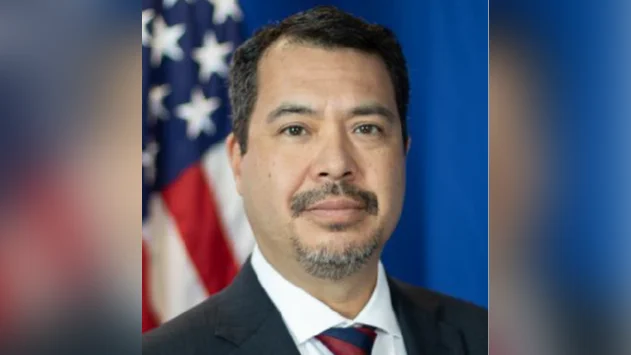The U.S. government has announced a significant shift in its approach to foreign aid, marking the end of the U.S. Agency for International Development's (USAID) role in implementing foreign assistance programs. According to Secretary of State Marco Rubio, this change is intended to ensure that foreign aid aligns with American interests and is delivered with greater accountability and efficiency.
Secretary Rubio stated, "Every public servant has an obligation to American citizens to ensure any programs they fund advance our nation’s interests." He criticized USAID for not meeting development objectives and suggested that the agency had become inefficient over time. "Beyond creating a globe-spanning NGO industrial complex at taxpayer expense, USAID has little to show since the end of the Cold War," he said.
As of July 1st, the State Department will take over administration of foreign assistance programs that align with current administration policies. This move aims to deliver aid more strategically and efficiently. "We will not apologize for recognizing America’s longstanding commitment to life-saving humanitarian aid and promotion of economic development abroad must be in furtherance of an America First foreign policy," Rubio explained.
Rubio highlighted concerns about USAID's past performance, noting instances where recipients did not reciprocate American generosity or where funds were used ineffectively. He cited sub-Saharan African nations voting with the United States only 29 percent of the time on essential UN resolutions despite receiving substantial financial support.
The new strategy emphasizes trade over aid and investment over assistance. It seeks to empower developing nations by encouraging sustainable growth rather than prolonged dependency on aid. "State Department research finds the overwhelming sentiment in countries formerly receiving USAID funding is for trade, not aid," Rubio noted.
Efforts are underway to consolidate appropriations accounts for more dynamic funding pools and eliminate bureaucratic hurdles. The goal is to respond more quickly to crises and measure impact quantitatively through new efficiency criteria.
This policy shift also aims to counter China's influence by prioritizing strategic interests globally. "We will do so by prioritizing trade over aid, opportunity over dependency, and investment over assistance," said Rubio.
The changes reflect a broader effort by Secretary Rubio and the Trump Administration to reshape how America engages internationally, focusing on partnerships that promote peace, investment, and prosperity worldwide.
Marco Rubio was sworn in as the 72nd secretary of state on January 21, 2025. The secretary is creating a Department of State that puts America First.

